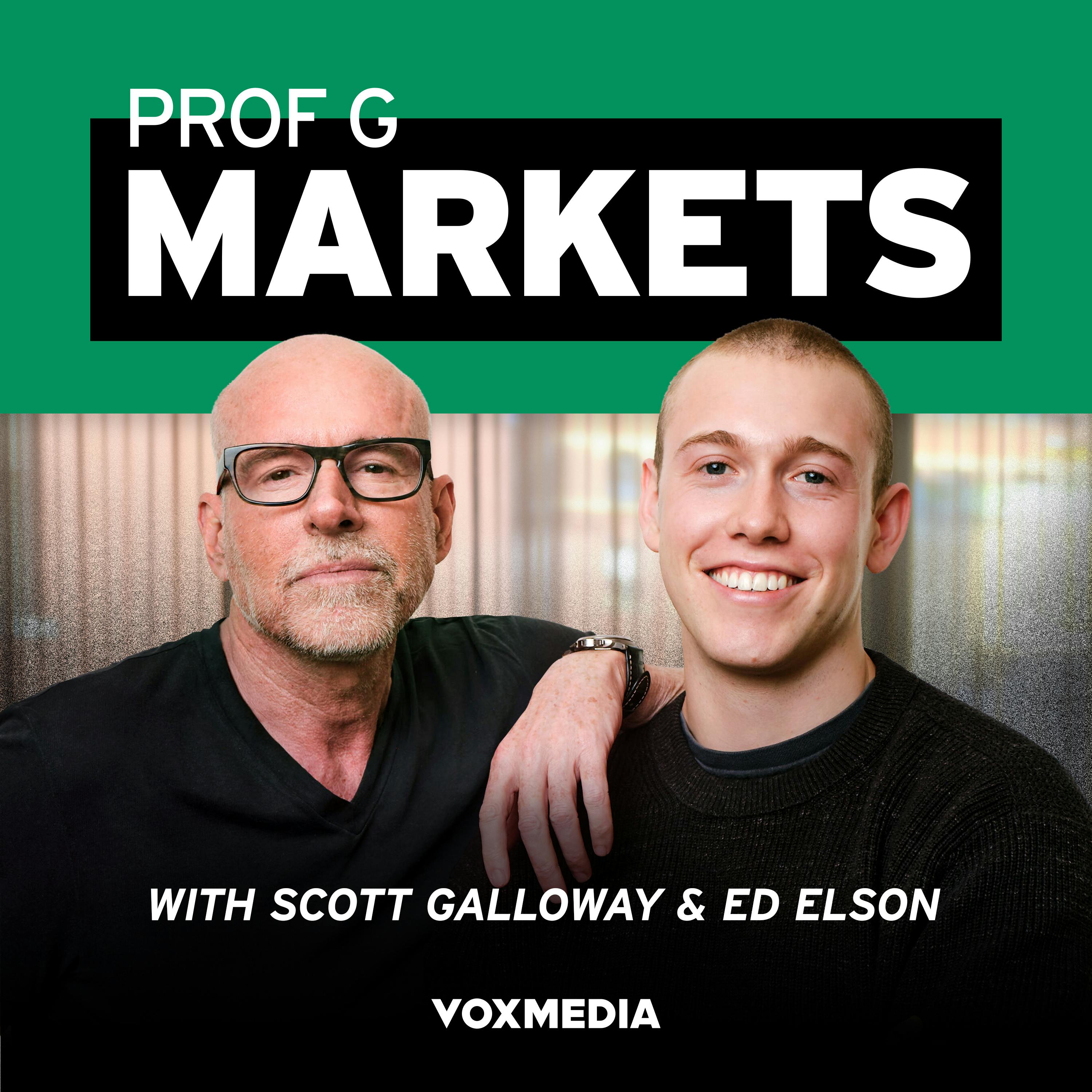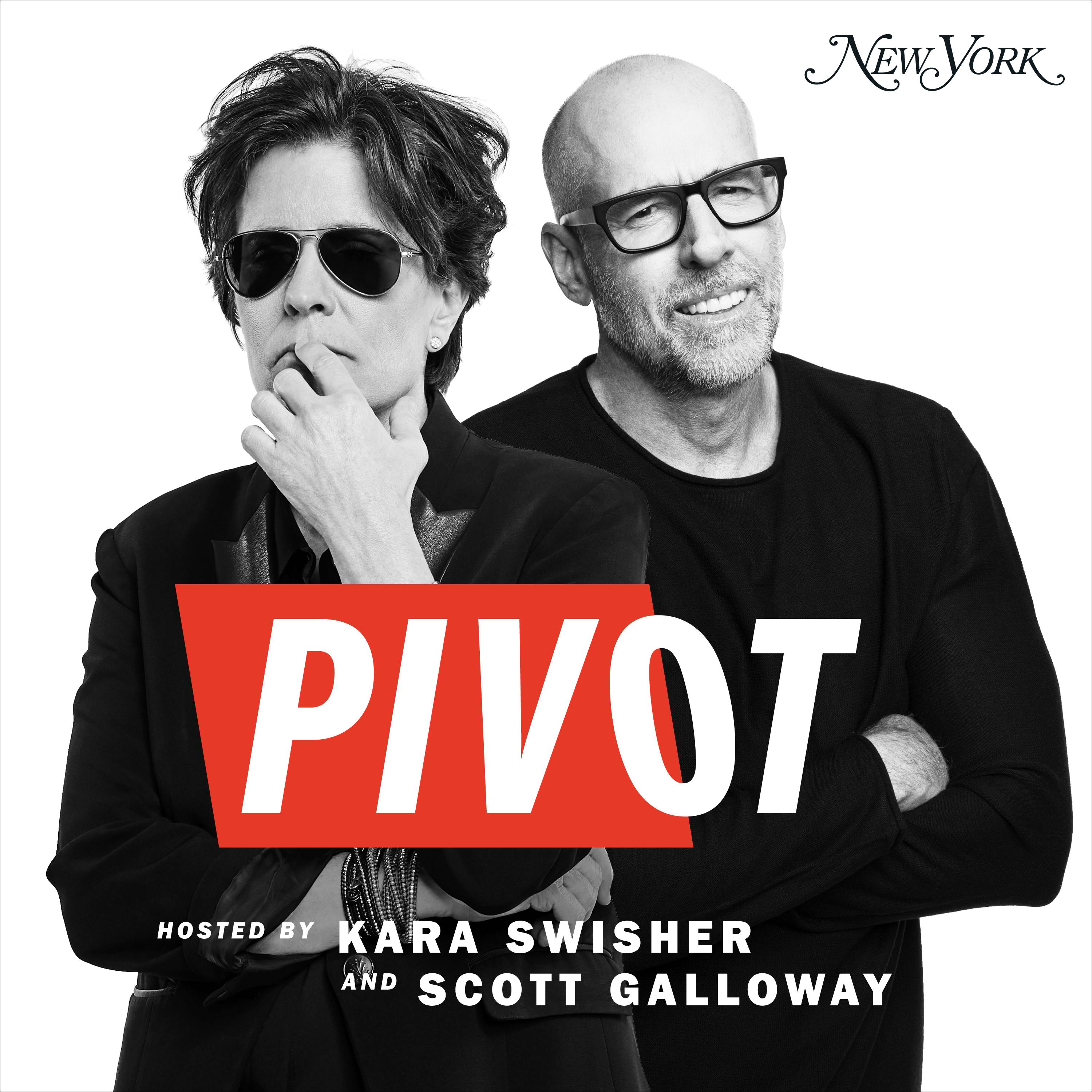PortalsOS
Related Posts
Vote to see vote counts
Economists have predicted nine of the last two bubbles, highlighting the difficulty in accurately predicting economic downturns.
Economists and investors often struggle to predict bubbles accurately, as they tend to call bubbles continuously, leading to a 'Cassandra' effect where they are not taken seriously until they are right.

Diversification is key if you believe we're in a bubble. Simply being in an S&P fund isn't enough, as 40% of it is concentrated in 10 companies.

Despite everyone recognizing the problem of circular deals potentially creating a bubble, no one is slowing down. It's driven by FOMO - the fear of missing out on the AI revolution.

Economists and investors often fail to predict bubbles accurately, as they may continuously call a bubble for years before being correct, leading to a lack of predictive ability.
Economists and investors often incorrectly predict bubbles, calling them continuously over many years without accuracy.
The speaker argues that the current valuations of big tech AI companies are high but not as extreme as past bubbles. For example, the MAG-7's average forward PE ratio is 27, compared to 52 during the 2000 tech bubble and 67 in the 1989 Japanese bubble.
Sam Altman and Warren Buffett's actions suggest we're in a bubble. Buffett has sold $150 to $200 billion in stocks, indicating his belief in an overvalued market.

Ken Griffin predicts a market collapse due to frothiness. When experts agree, they're usually wrong, but his argument is compelling.
It's difficult to predict bubbles accurately, as many who claim to have predicted them often continuously called for a crash over many years.
